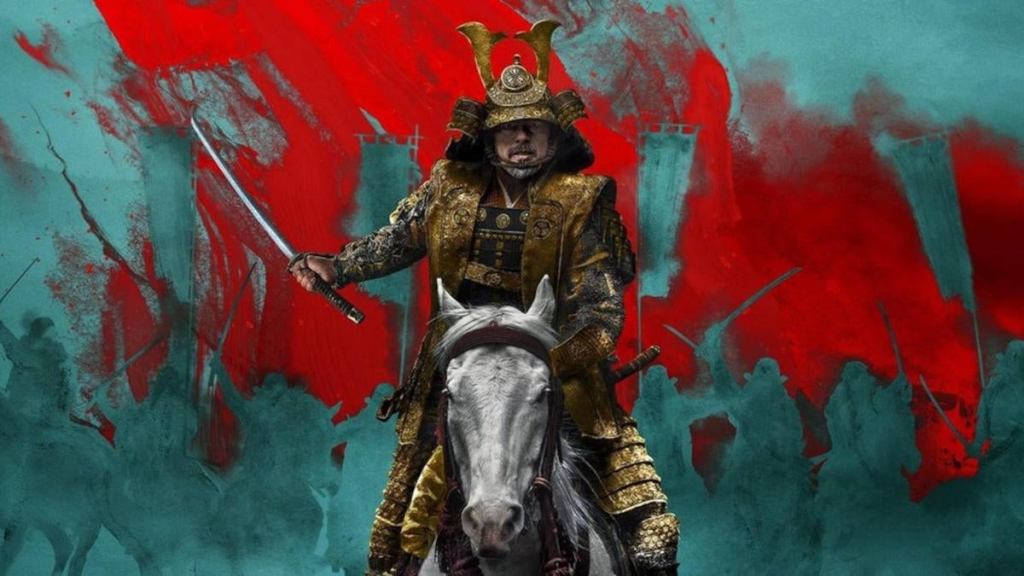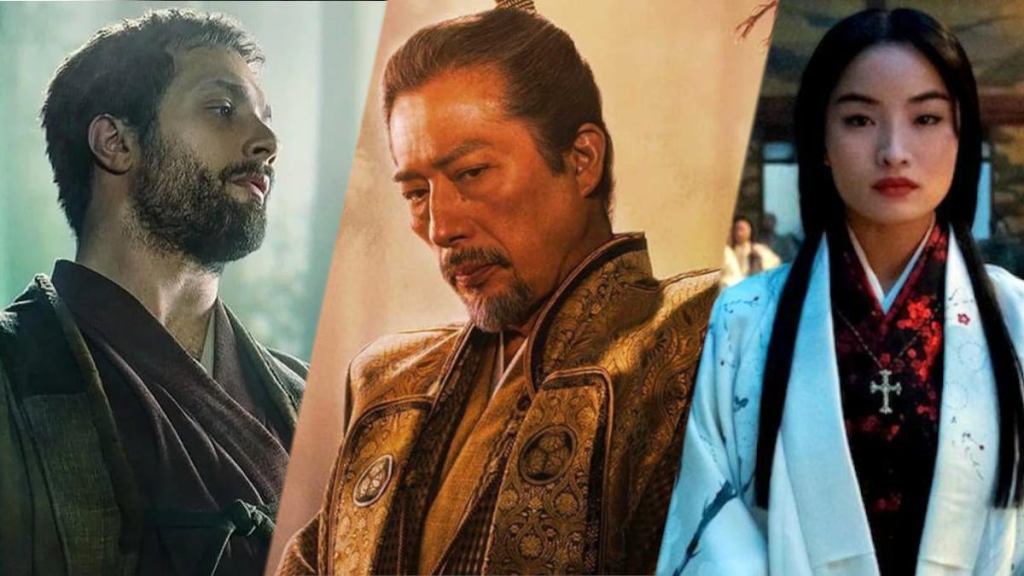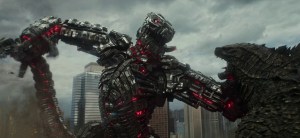This is the first week that TV viewers will have to deal with the grief of Shōgun‘s absence from the airwaves, and the finale has sparked renewed debate about whether Shōgun Season 2 is going to – or should – happen.
Videos by ComicBook.com
However, despite all the success and acclaim that Shōgun generated for FX and Hulu, Disney should resist the clear incentive to keep a good thing going, and let Shōgun’s finale be the official Series Finale.
Why Shōgun Doesn’t Need Season 2

Shōgun achieved something special with its ending in Episode 10, “A Dream of a Dream”. Lord Yoshii Toranaga got the fate-changing chance he needed to re-align the political loyalties of Japan’s most powerful lords, swaying them away from his rival Ishido (Takehiro Hira) and either locking them down as his won allies or convincing them to stay out of the fight altogether.
(SPOILERS) The twist revealed in the climax of Shōgun is that Toranaga never intended to win against Ishido by storming Osaka Castle and slaying him on the battlefield; Toranaga used Lady Mariko (Anna Sawai) as his Trojan Horse, using her status as a highborn lady and major figure in Japan’s Catholic community to force Ishido into a corner through social customs and ritual. Mariko’s death completely changed the face of the conflict, securing the certainty of Toranaga’s victory – and his rule as Shōgun of Japan.
A second season of Shōgun is something a lot of fans want to experience, primarily for the visual catharsis of seeing Toranaga march into war, and how John Blackthorne (Cosmo Jarvis) and other vassals help him take Osaka. However, both history and author James Clavell’s Shōgun novel make it clear that the “war” wouldn’t provide that much content that would fit with the rest of the character and thematic arcs of the story, as the battle was never really the focus or point fo Toranaga’s scheme – assuring victory before the battle always was. Blackthrone’s motivation had been exploiting Toranaga and Japan to benefit his Queen and religion; after Mariko’s death, that life path is completely erased for Blackthrone, who instead embraces the Japanese way of living and looking at life.
MORE: Shōgun Showrunners Explain Why Seeing the War Isn’t Necessary
Most of all, Mariko’s arc about living a tortured life without a clear purpose ends with a death that confronts everyone around her to reconsider their purposes and goals, thereby demonstrating the Japanese cultural theme of the ‘presence of absence’ – something the consort Lady Kiku alludes to in Episode 6 with a teapot. Toranga, Blackthorne, and Mariko’s relationships to one another acted as a core dynamic in the series – a dynamic that absolutely reached its climax in Episode 10.

These were, indeed, true endings for the principal characters of Shōgun (Blackthrone, Mariko, and Toranaga), and therefore it is the ending of Shōgun’s story. If fans want to continue visiting this period of Japanese history – featuring some of these characters (who are based on real historical figures) then that can certainly be done – but it should be done under a different series name. HBO understands that with Game of Thrones, letting its House of the Dragon prequel stand on its own name. Shōgun can do the same, and, like Toranaga, maneuver between the lines by effectively giving fans reason to continue viewing and supporting the franchise, without offending fans by exploiting the series’ name.
Shōgun is streaming on FX on Hulu.








